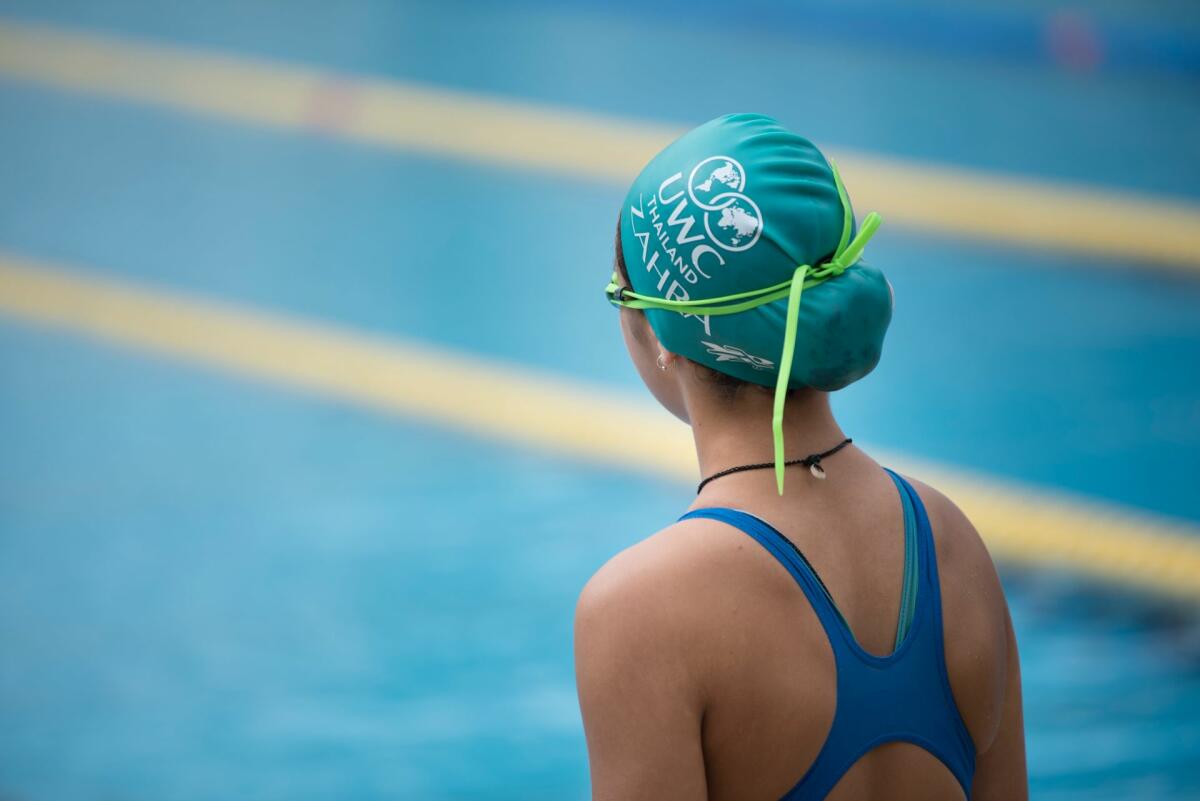Detraining from Swimming
A recent study showed that detraining for 4 weeks can affect your performance at the start of the following season for age-group swimmers, highlighting the importance of staying physically fit during the off-season.
The study determined that competitive swimmers between the ages of 14 and 15 who performed the 400 m showed a time decrease of approximately 3.8% after a 4-week training cessation period.
Similar studies were done for elite swimmers. Biopsy specimens from the deltoid muscle revealed that its’ respiratory capacity decreased by 50% after 1 week of inactivity. Subsequent weeks of detraining did not show any further changes in respiratory capacity however the swimmers’ muscle glycogen progressively decreased. They also found that the muscle had a decreased respiratory capacity as well as a reduction in efficiency of the oxygen transport system.
Another study was performed where elite swimmers reduced the amount of training sessions to 3 per week and in addition, lightened the training load by 30%. The research concluded that it simply wasn’t enough to preserve the maximal oxygen uptake (VO2max). Nevertheless, in both cases (reduction or cessation of training), muscular strength was not affected but it did in fact affect power (biokinetic swim bench). Despite this, fitness losses were noticeably less.
Two months of detraining for elite swimmers caused an increase in body weight (4.8 kg) and body fat (~4 kg body fat).
All of the studies came to the conclusion that age-group swimmers should remain physically active in the off-season, alternating between moderate and vigorous activity. Some activities could include the use of swim ergometers, running or riding a bike for aerobic conditioning. You can also train on land (cross training or gym-based exercises) All of the above are useful to minimize fitness losses during the transition period for the next competitive season.
These studies speak from a physiological point of view, but what about from a psychological standpoint? My opinion is that not taking a break from sports can be a lot more dangerous than detraining. What do you think?


